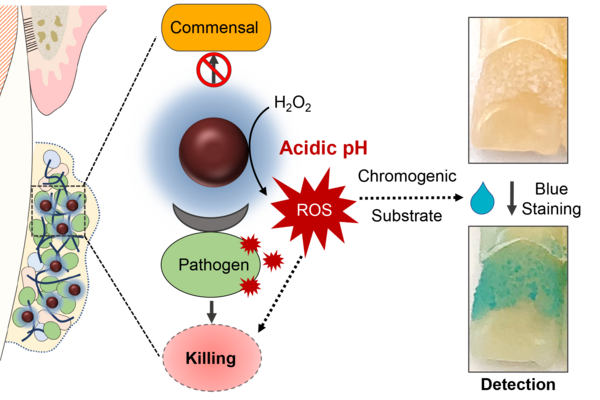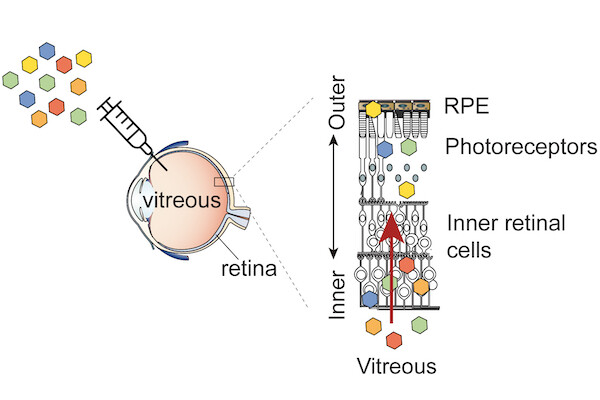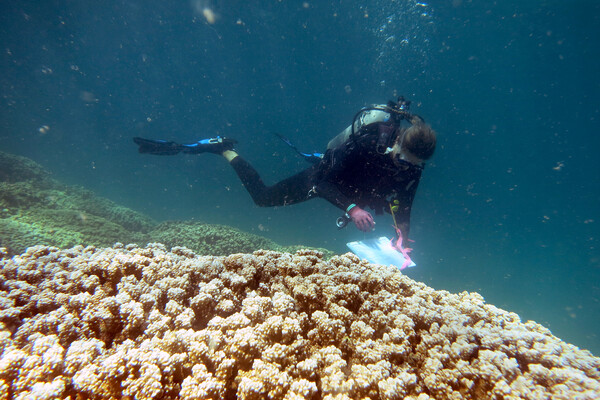
With coral reefs under threat from climate change, pollutants, sedimentation, and other factors, Barott and colleagues hope to continue investigating how such challenges may influence coral reproduction and persistence. (Image: Courtesy of Kelsey Speer)
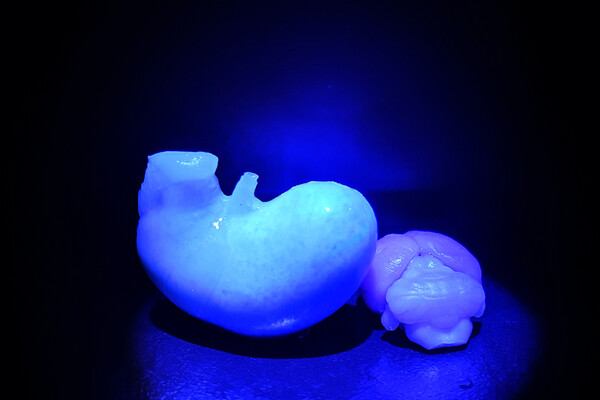
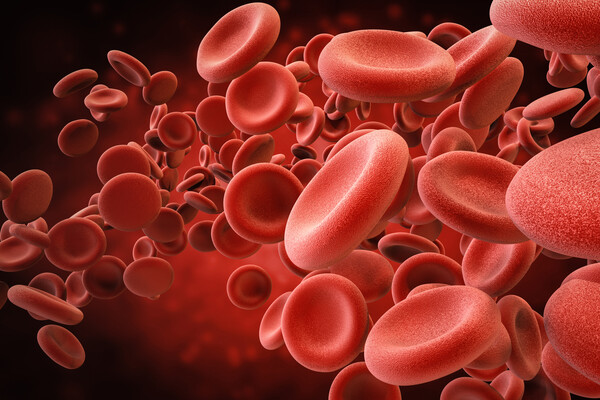
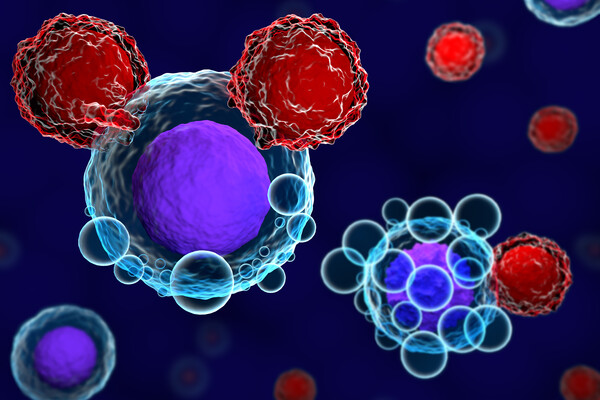
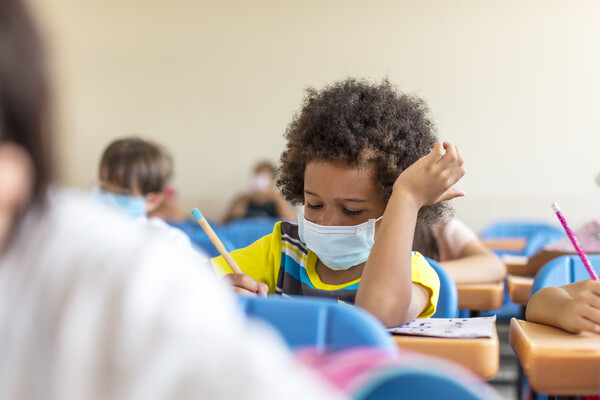

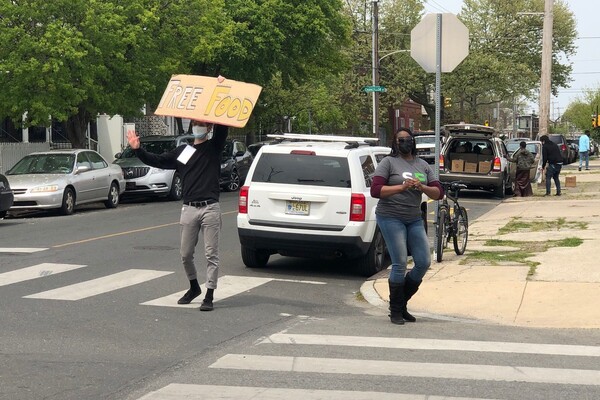
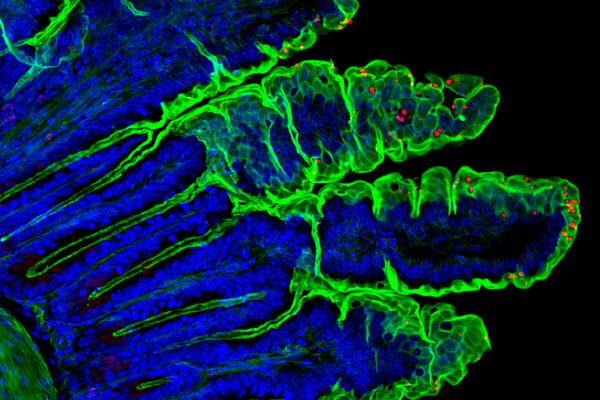 A Penn Vet-led team was the first to sequence, study, and manipulate a naturally occurring mouse Cryptosporidium, a parasite responsible for life-threatening illness in people, as well as livestock, pets, and wildlife worldwide. (Image: Muthugapatti Kandasamy, Adam Sateriale, and Boris Striepen)
A Penn Vet-led team was the first to sequence, study, and manipulate a naturally occurring mouse Cryptosporidium, a parasite responsible for life-threatening illness in people, as well as livestock, pets, and wildlife worldwide. (Image: Muthugapatti Kandasamy, Adam Sateriale, and Boris Striepen)
